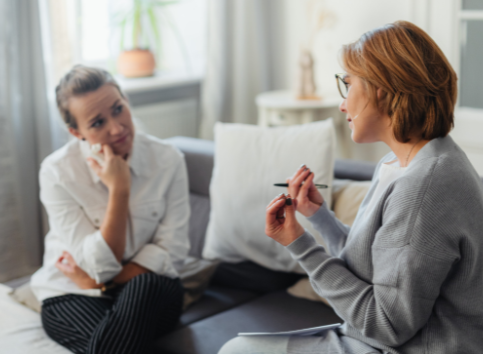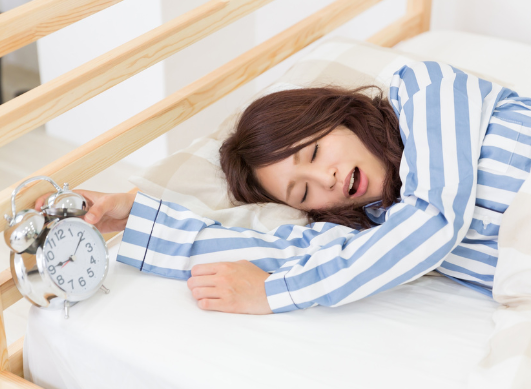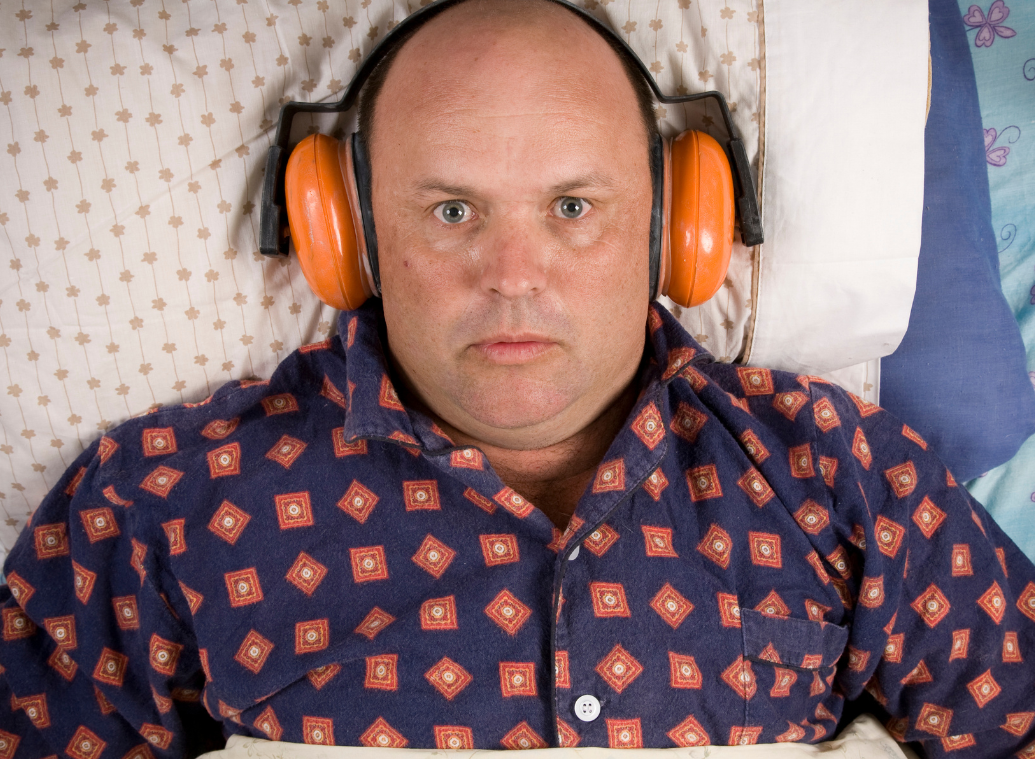- Home
- Forums
- Internal endometriosis Forum
- Symptoms and complications of endometriosis
- Endometriosis: a condition that disrupts life
Patients Internal endometriosis
Endometriosis: a condition that disrupts life
- 6 views
- 0 support
- 1 comment
All comments
![]()
endome
![]()
endome
Last activity on 06/17/2021 at 3:46 PM
Joined in 2019
10 comments posted | 1 in the Internal endometriosis Forum
Rewards
-
Contributor
-
Messenger
-
Explorer
This is such an informative article !!! I'm so glad information like this is getting around, because I wish I had been diagnosed sooner. I can relate to the late diagnosis and since it's a topic that hardly anyone wanted to discuss (you know sharing period stories) I never knew that what I was dealing with was out of the ordinary! sheesh! the more you know
Give your opinion
Survey
Survey
Members are also commenting on...
Articles to discover...
Subscribe
You wish to be notified of new comments
You have been subscribed









Lee__R
Community managerGood advisor
Lee__R
Community manager
Last activity on 04/03/2020 at 5:04 PM
Joined in 2018
1,336 comments posted | 1 in the Internal endometriosis Forum
2 of their responses were helpful to members
Rewards
Good Advisor
Contributor
Messenger
Explorer
Friend
Top chef
The following article is based off of a survey conducted in Carenity UK:
Up to two in ten women are affected by endometriosis - impacting 180 million women in the world. And yet, there is no cure for this disease, discovered in 1860, and the care is still unreliable.
A condition that disrupts life
Endometriosis changes the life of women. 19% of respondents experience dysmenorrhea (painful periods), 17% experience lower back pain, while 14% confront dyspareunia and digestive disorders. But endometriosis also provokes chronic fatigue (12% of respondents), uterus contractions, and nausea (10% of respondents), and in some cases even vertigo and loss of consciousness and infertility (2% of respondents).
These distressing symptoms invade all sides of a woman’s life, social and work life being under a considerable impact. 78% of the respondents had taken time off work because of the condition, which in some cases was the reason for quitting a job or even not starting a job/university, and 56% of respondents have missed an important event.
Hysterectomy
The side effects and complications of this condition may cause women to consider a hysterectomy (uterus removal). 33% of the respondents also confirm having undergone this operation.
It is however worth mentioning that hysterectomy does not “cure” everyone. It is recommended more often for women suffering with, a so-called, endometriosis interna (adenomyosis),which causes damage to the internal lining of the uterus, and not to the external, as is the case with classic endometriosis. However, there is a risk of relapse, if the ovaries are still present and new lesions are formed.
11% of the respondents confirmed that their doctor had refused to perform the operation. 22% of the respondents considered a hysterectomy, but had not yet mentioned it to their medical team.
Keep fighting
Pain, discomfort, suffering, depression are words that come up when the condition is described by patients.
Endometriosis often becomes the cause of other conditions developing even after the menopause. One respondent stated “I had a very heavy period for over 1 year leading to chronic anaemia. The anaemia was so bad I needed a transfusion”. Another respondent wrote “I am still suffering from the effects of endometriosis, nearly dying from a blocked bowel and now having adhesions from the surgery 20 years ago apparently linked to endometriosis making me have constant pain and an operation to separate my organs is too dangerous”.
However, some of respondents have had success in reducing symptoms or even getting rid of them: “I have now got the implanon (Etonogestrel birth control implant) in my arm which has worked; I have no periods and life is now great”. Another respondent share that “Since my menopause none (no symptoms) as it naturally stopped when I stopped having periods. […] I had to go on a male hormone to stop my periods for 12 months to enable me to have a chance of getting pregnant. It worked in my case which was wonderful.”
Getting a proper diagnosis
Knowing that it may take several years to diagnose endometriosis, raising awareness of this endometriosis is vital. Among the women affected by this condition who completed the Carenity survey, 56% were diagnosed more than 10 years after the onset of their symptoms, and 44% received were diagnosed with endometriosis 3 to 10 years after they first experienced symptoms.
Paying attention to one’s health is extremely important: unbearably painful periods, the failure of medications to improve the symptoms, like pain. But it is also crucial for healthcare professionals to get better acquainted with the disease and its treatment to be able to provide assistance and support for those in need.
Endometriosis Awareness
Endometriosis Awareness is essential: diagnosis, symptoms, complications... the impacts it can have on a woman's life.
According to our respondents who are affected by the condition, 67% feel that this condition is only known to women, not to men, while 44% agree that people have been talking more about it in present day and now almost everyone knows what it is. At the same time, 22% of the respondents are convinced that no one knows what endometriosis is, and 11% consider that the condition is still taboo.
Among respondents who are not affected by endometriosis, about a third admitted that they are not very familiar with the condition and do not know how manifests itself. However, 58% agree that the condition is a real ordeal for women, and 26% consider that social awareness of it has improved recently.
40% of our respondents have a friend or relative suffering from endometriosis, with whom more than 60% talk to regularly or whenever the person is not feeling well. Only 12% of respondents prefer not to discuss issues related to endometriosis in fear that it could be bothersome to the themselves or the woman diagnosed with endometriosis.
Can you relate to the input and opinions in this article? Do you experience similar symptoms and complications?